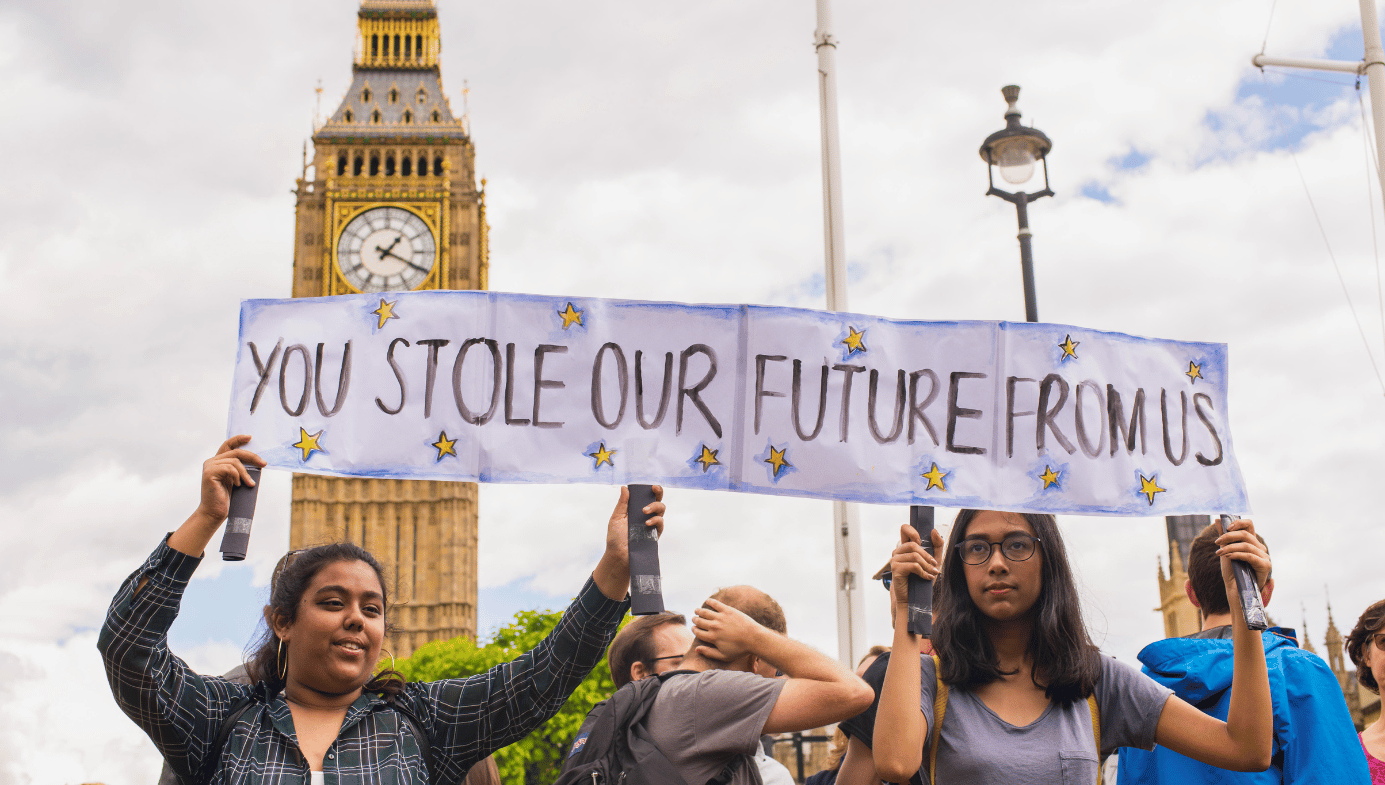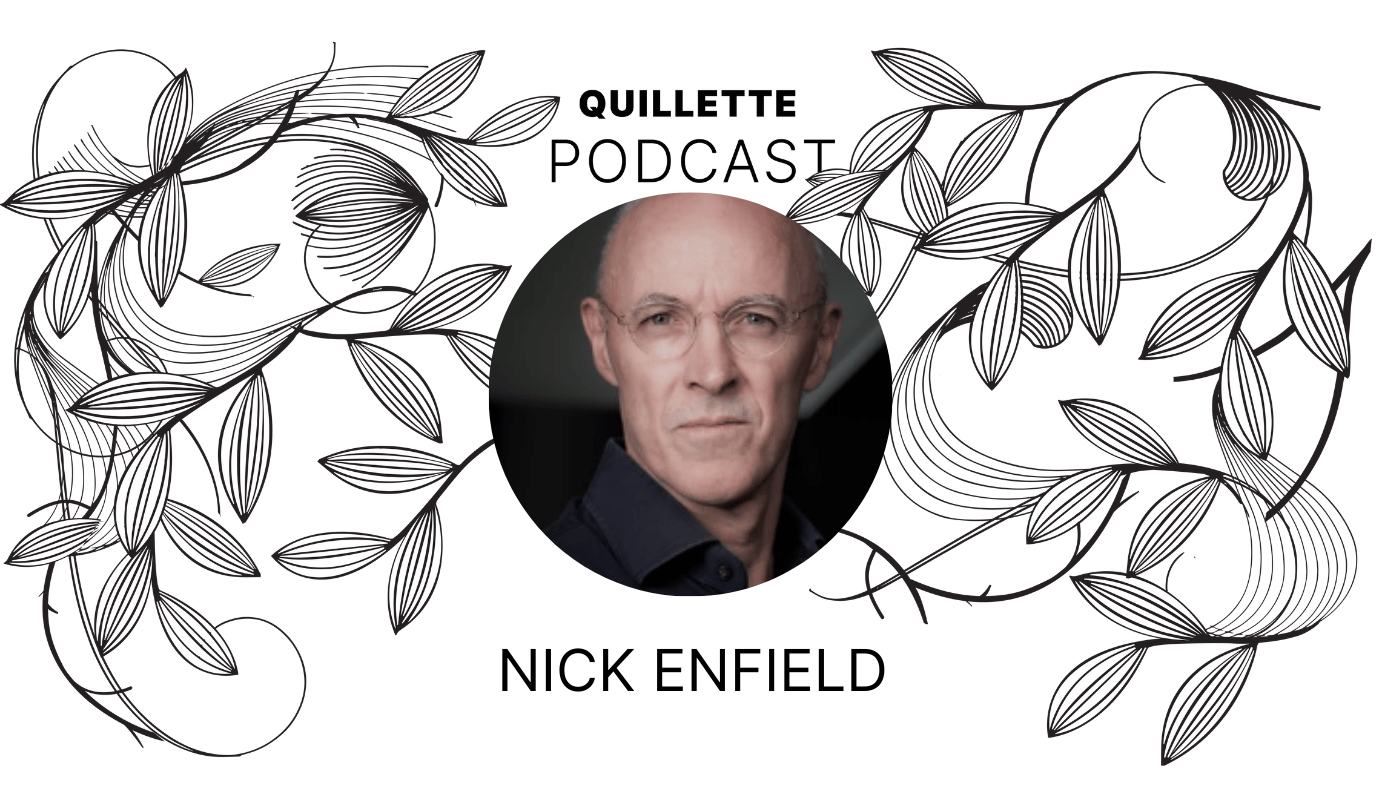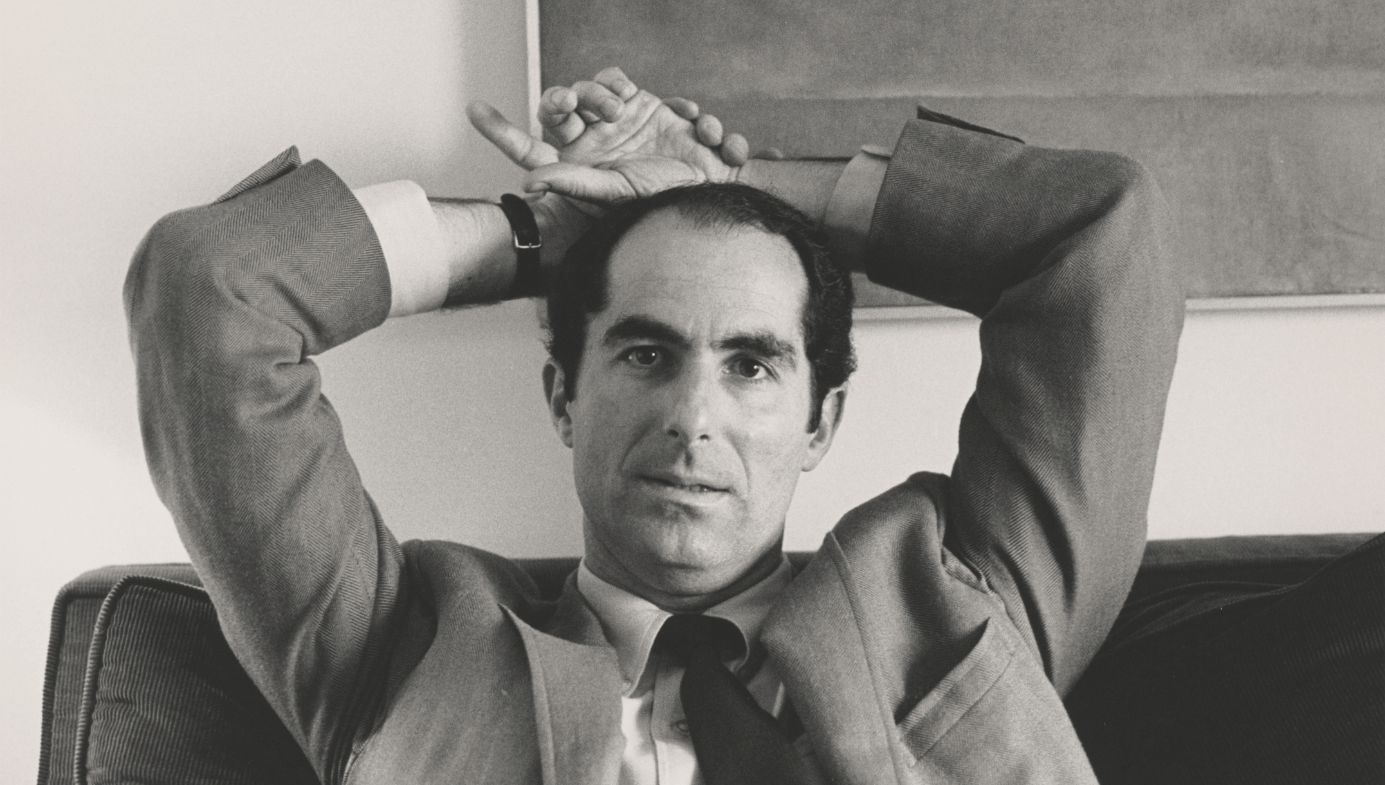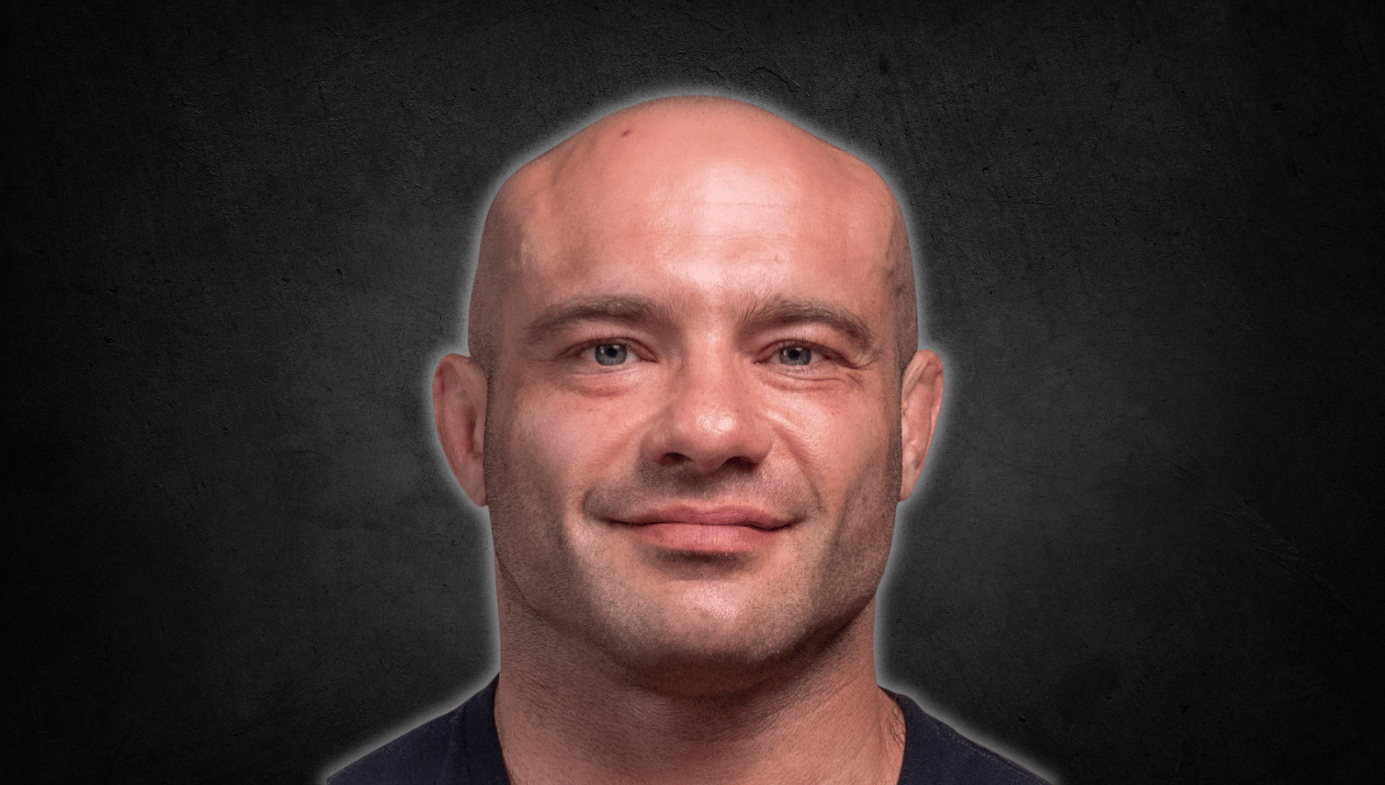From Homophobia to Anti-Bigotry: How Did Christians Become the New Pariahs?
When it comes to matters around sexuality a set of presumptions have been adopted which are proving quite as dogmatic as the notions they replaced.
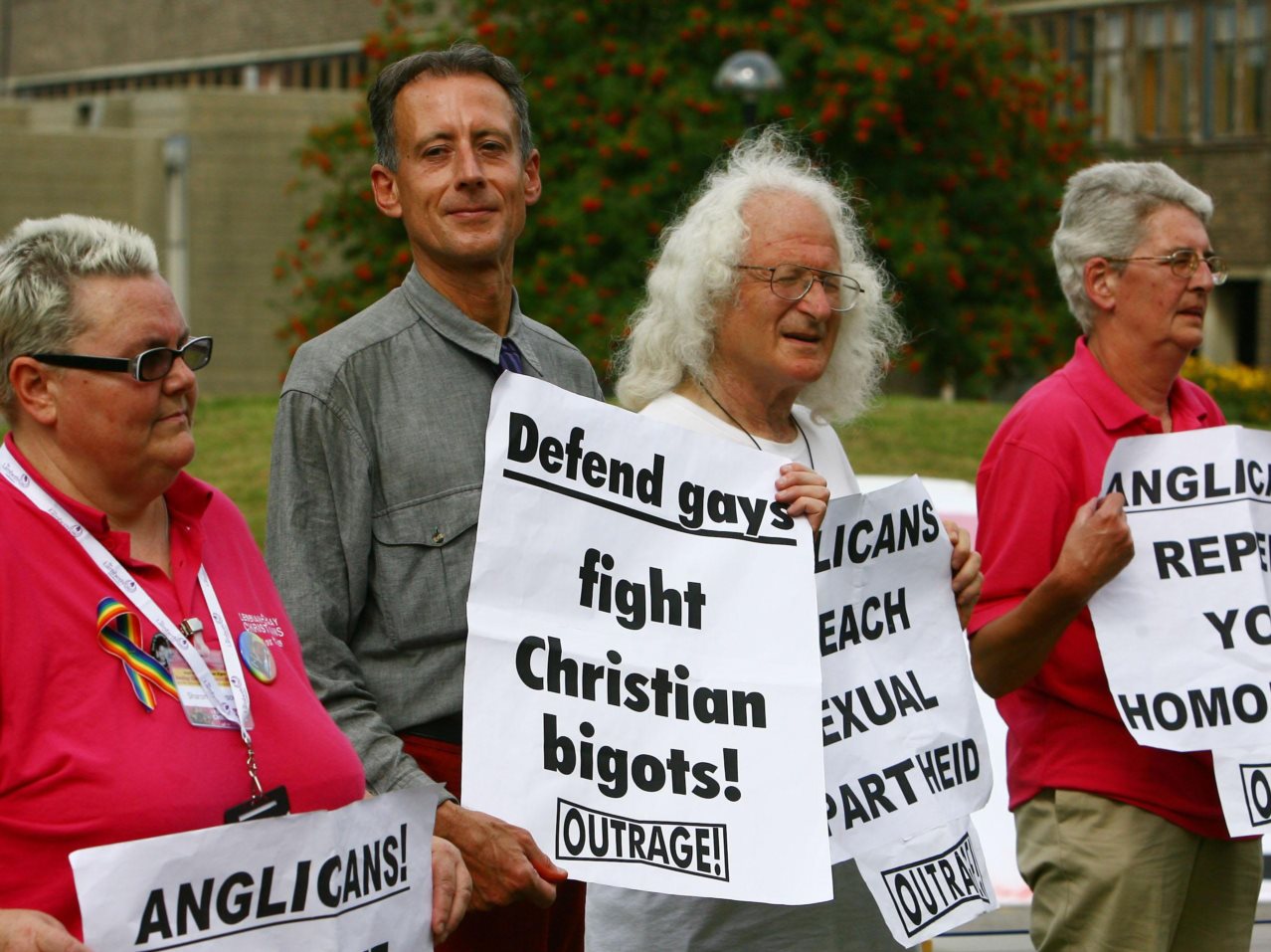
It is a chill February day in London in 2018 and a small demonstration is taking place outside a cinema just off Piccadilly Circus. Wrapped-up warm, the quiet protestors are holding up posters that say “Silenced” in capital letters. Most Londoners trying to get to their bus stops or across to the bars of Soho barely notice them. A passing couple clock that the group is mainly middle-aged and elderly. One says to the other, “Some kind of UKIP protest I guess.” But it is not. The assembled dozens came here to watch a film called Voices of the Silenced. But as their placards point out, Voices of the Silenced has itself been silenced.
The organizers booked the cinema three months earlier, and say they had complied with all the cinema’s rules for private screenings, including sending them the film in advance. But a day before the screening Pink News—an online remnant of Britain’s gay press—found out about the screening and called for its immediate cancellation. The call was successful. The Vue cinema swerved around any negative publicity by swiftly announcing that it had the right not to honour private hires if the film to be shown was “in direct contradiction” of its “values.” The cinema also warned the group who had hired the venue that there might be a “public order” and even “security” threat if the screening was to go ahead.
So on the big night, with exactly 126 people apparently travelling to attend the screening from as far away as the Netherlands, the organizers are scrambling to try to find another venue at which their assembled punters might view the film. Chief among the evening’s organizers is Dr Michael Davidson of the Core Issues Trust. Davidson is not a doctor of medicine. He has a doctorate in education, but like some other public figures who use the prefix you feel that Davidson would not be displeased if someone laboured under a misapprehension about the precise nature of his qualifications.
Davidson had come to national attention in Britain six months earlier when he had been invited as a guest on ITV’s Good Morning Britain, co-hosted by Piers Morgan, to discuss homosexuality and so-called “conversion therapies.” Davidson has admitted that he used to be gay himself—or at least had “homosexual experiences.” But at some point he decided that it was not for him. He has been married to his wife for 35 years and has two children. He believes that where he has gone other people can follow, and so through his group he offers counselling on a voluntary basis to other people who would like to move from being gay to becoming a heterosexual like himself who admits that he still gets—though doesn’t act on – certain “urges.”
When challenged about all this on national television, Davidson calmly and politely makes it clear that he thinks homosexuality is an “aberration” and specifically that it is a learned behaviour. Asked whether it can be unlearned, he claims that it “in some cases is reversible for people who want to make that the trajectory of their lives.” Dr Davidson managed to get this out before his main interviewer denounced him to the others present in the studio. “Do you know what we call these people, Dr Michael?” Piers Morgan asked. “We call them horrible little bigots, in the modern world. Just bigoted people who actually talk complete claptrap and are in my view a malevolent and dangerous part of our society. What’s the matter with you? How can you think that nobody’s born gay and they all get corrupted and they can all be cured? Who are you to say such garbage?”
A relatively unflustered Davidson asked Morgan for evidence that people are born gay, pointing out that neither the American Psychological Association nor the Royal College of Psychiatrists believe that homosexuality is innate and unchangeable. At which point his interviewer ordered him to “stop talking for a moment” and “stop banging on about whacky-backy scientists in America.” Morgan then continued to shout at his guest, “Shut up you old bigot,” before he brought the whole interview to a close with the words “I’ve had enough of him. Dr Michael, shut up.” And so it finished. ITV had sent a car to a guest’s home in the early morning to bring him to a national television studio only for him to be told during his interview to shut up.
Six months after that event and Davidson remains clearly unmoved by that high-profile brouhaha. Talking on his mobile phone outside the cancelled venue in Piccadilly, he is relieved to be able to tell his audience that he has finally found a venue which would allow him to screen his film. So the assembled men and women head to Westminster’s Emmanuel Centre, just around the corner from the Houses of Parliament.
The doors to that venue are tightly shut, but at one side door, if you mention your name and your name is checked off the list, then the entire evening opens up. Indeed, once inside it becomes a rather jolly affair. We are all given a glass of prosecco and a bag of popcorn to take into the screening. One elderly woman comes over and thanks me for coming. “Obviously I know your own background,” she adds, and I realize she is not talking about where I was brought up, “as you talk about it often,” she adds gnomically. But she explains that this only means she is even more pleased to see me here. It is true that I may be the only out person at this gay-cure film-screening. But I suspect that I am not the only gay in the room.
The film Voices of the Silenced itself is less coherent than might have been hoped. The main point (as explained by Davidson himself in the film’s opening) is that “Ancient ideologies and modern ideologies are coming together.” It is never quite clear how, and the whole thing feels like two different films awkwardly melded together at a late stage in the editing process. The first film is about the ancient world, with very scary apocalyptic images. The second film consists of some very specific testimony from doctors and patients talking about being gay and then not being gay any more. As well as Dr Davidson there is a Dr Stephen Baskerville and an expert from Texas named (I cannot stifle an audible laugh) David Pickup.
So each time there is something in the film on the loss of the Temple in AD 70 and the Arch of Titus, then it cuts to the gays again. Or the ex-gays. We are told that “the new state orthodoxy celebrates homosexuality.” Then, along with a range of “experts”—mainly from the United States—we get the testimonies. What any of these have to do with the Arch of Titus is never fully made clear. Perhaps homosexuality is causing the collapse of this civilization? If so the accusation is never quite made. There is an “ex-lesbian” now married with five children who says that her “vulnerability” resurfaced 10 years ago but that she got help from a ministry. Several witnesses talk of suicidal thoughts, alcohol abuse and “self-centredness.” One (called John) mentions that his mother was “a Jewess,” which is a word you don’t often hear these days. There is a lot of testimony from a handsome 29-year-old German called Marcel. He describes his own tribulations. He says that as a child his mother beat him, naked, in front of his sister and this—it is suggested—may be one of the reasons why he has in the past found himself attracted to men. Some of the interviewees were from families where their parents divorced. Others were not. Several of the interviewees seem to have been very close to their mothers. Others not.
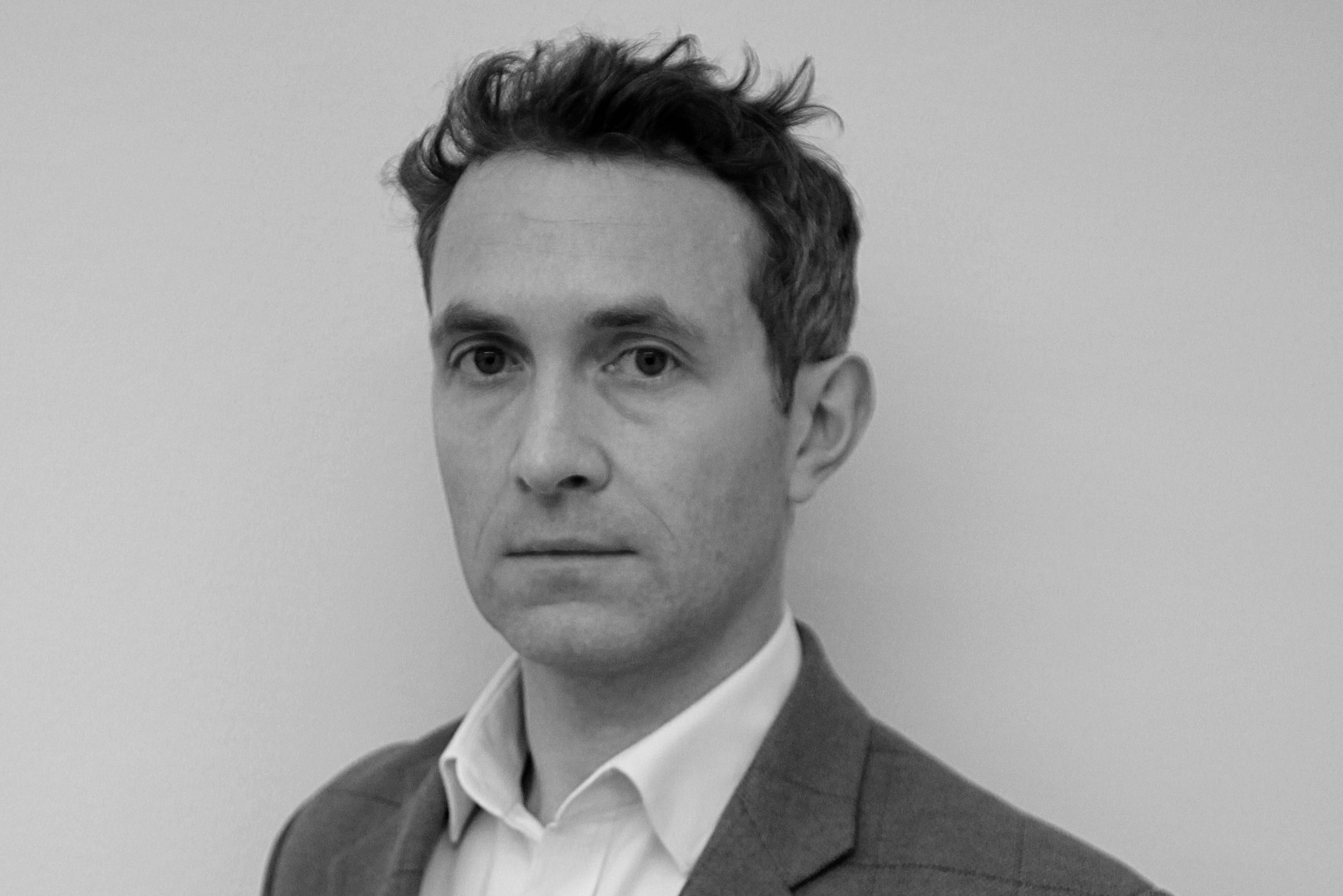
Dr Joseph Nicolosi—one of the stars of the film—offers up the idea that many of his “patients” actually hate their mothers, don’t know how to deal with men and thus develop certain fantasies as a result. He suggests that one cure for anyone troubled by homoerotic temptations is that they might consider taking up a healthy pursuit such as “going to a gym.” Suggesting, perhaps, that Dr Nicolosi has never been to a gym.
Of course it is easy to snigger at all this, and for some people it would be easy to be outraged too. Yet the human stories are there. John and Lindsay say that they have both suffered from SSA (Same-Sex Attraction) but have been able to tackle it together and are now working together as a very successful heterosexual couple with five children. “It’s not just us,” Lindsay reassures the viewer. “We know several people [who have also had SSA] who are happily married. It is hard work,” she continues, with John sitting slightly awkwardly beside her. “It’s not for the faint-hearted. And I think you have to just push through. Particularly in the present era: all the media and all the cultural pressures to do something else.”
Sadder than this couple are the several interviewees who were gay once but now appear here with their faces blacked out. Perhaps it is too charitable to reflect that it wasn’t so long ago that this need for blackened-out faces and back-of-head shots would have applied the other way around.
Towards the film’s end an Irish pastor sums up a part of the film’s point. He explains that he doesn’t mind people holding out the view that homosexuality is inherent and unchangeable. He just wants to be allowed to be able to hold his view. As Dr Baskerville reiterates, only one position on this matter appears to be able to be held in academia and the media, and that is “promotion” of homosexuality. “Sexuality is being politicized,” we are told in the final moments. And then, after another inexplicable reference to the Ancient Jews, the film ends with the dramatic yet careful line: “It is time to accept difference.”
Unsurprisingly this audience gives the film a very warm reception. And then something mortifying happens. Several of the film’s interviewees are in the audience and are invited up onstage to receive more applause. Among them is a young British man from the film called Michael. He seems slightly twitchy and nervous and filled with suffering. His forehead is more than usually wrinkled for someone of his age. For various reasons he has already expounded on in the film he doesn’t want to live as a gay man and so has put himself on an obviously internally wracking path to try to live as a heterosexual and to become (as Dr Davidson himself has) an ex-gay—perhaps also, in time, with the same pleasures of having a wife and children of his own. The evening finishes with a prayer.
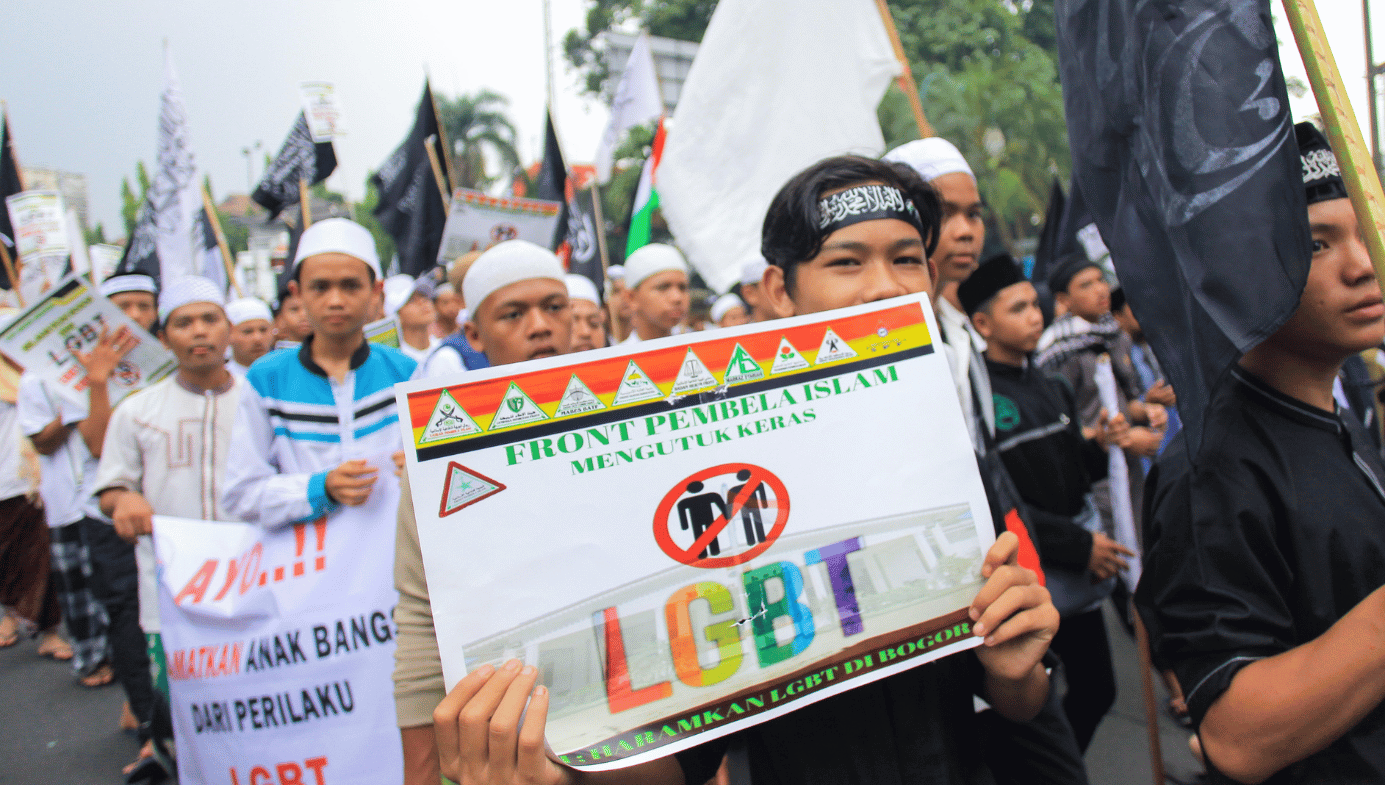
On the Losing Side
On the way home and in the days that followed I wondered about my evening with the voluntary conversion therapists. And I wondered in particular why I was not more bothered by it. First, it must be said that I do not fear these people—and certainly could not kick up that level of outrage which the gay press has decided to trade in as it loses its purpose. If there is a reason it is because I cannot see that events are going in the direction of the people in the Emmanuel Centre that night. Today, and for the foreseeable future, they are on the losing side.
When they appear on television they are treated with scorn—perhaps too much scorn. They find it hard to make watchable documentaries, and find it even harder to screen them. They are forced to hide away in secret venues, and seem unlikely to be taking anywhere by storm any time soon.
Of course if I was a young gay man growing up in parts of rural America or Britain—even today—I might think differently. Certainly if I had grown up in parts of the American Bible Belt, or had ever lived through (or been threatened with) the forced conversion therapies that went on there—and still go on in parts of the world today—I might look at Michael (Dr) Davidson and his friends in a very different light.
But here, this evening, they are the losers. And aware of the thrill that can occur when the boot is on the other foot, I feel a reluctance to treat them in victory as some of their ideological confrères might have treated me if we had met before, in different circumstances. The manner in which people and movements behave at the point of victory can be the most revealing thing about them. Do you allow arguments that worked for you to work for others? Are reciprocity and tolerance principles or fig-leaves? Do those who have been censored go on to censor others when the ability is in their own hands? Today the Vue cinema is on one side. A few decades ago they might have been on the other. And Pink News and others who celebrate their victory in chasing Voices of the Silenced a mile down the road one February night seem very ready to wield such power over a private event. In doing so they contradict the claims made by gay rights activists from the start of the battle for gay equality, which is that it should be no business of anyone else what consenting adults get up to in private. If that goes for the rights of gay groups then surely it ought to apply to the rights of Christian fundamentalists and other groups too.
There are two other things. The first is that in order to fear what was happening that evening you would have to extrapolate from it. You would have to suspect that, when Davidson says he only wants to deal with people who come to him seeking help, this is a mere cover-story. You would have to believe that this is in fact just a front—the first part of a wider plan to turn something voluntary into something compulsory and from something compulsory for some people into something compulsory for all. And that would be to trample all over one of the bases of political tolerance. It would be to award yourself the right not just to come to your own conclusions about people, but to attribute motives to others that you cannot see but which you suspect. Which leads to a question that everybody in genuinely diverse and pluralistic societies must at some point ask: “Do we take other people at face value, or do we try to read behind their words and actions, claim to see into their hearts and there divine the true motives which their speech and actions have not yet revealed?”
If we were to do this in cases like these, then how would we do it? Do we insist that the other party has the darkest possible motives unless they fully satisfy us that their motivations are otherwise? Or do we have to learn some degree of forbearance and take them on trust? Even the responses to that question aren’t fixed. They fluctuate depending on date, location, circumstance and luck. Someone now in their seventies who was put through forced conversion therapy (especially if put through “aversion” therapy) will have more cause to be suspicious than anyone from each of the successively luckier generations that have followed. Warning sirens go off earlier if they were set earlier, or in harsher times.
Perhaps these generational and geographical differences will diminish over time and the flattening effects of social media will make everyone equally sanguine. Or perhaps these tools have the opposite effect, persuading a gay in 2019 Amsterdam that they are permanently at risk of living in 1950s Alabama. Nobody knows. We live in a world in which every fear, threat and hope imaginable is always available to us.
Yet one prerequisite for avoiding perpetual confrontation is an ability to listen to people’s words and put some trust in them. True, in borderline cases, when alerted that something strange may be going on, it may be necessary to dig behind the words to ensure that nothing else is happening. But if that has been done and nothing found then the words must be trusted. None of the press which had sought to silence Voices of the Silenced had shown that Davidson or his colleagues were forcing unwilling participants to submit to a regime of heterosexual conversion. None had even enquired into what details the film included or how his “counselling” was being done. And so a set of assumptions had been made about his group and words assigned different interpretations because of their speaker. In this calibration “voluntary” meant “forced,” “counselling” meant “persecution” and everybody who went to him was irrevocably and unalterably gay.
It is this last assumption which provokes the only big challenge that Davidson and his colleagues present. In On Liberty, first published in 1859, John Stuart Mill famously laid out four reasons for why free speech was a necessity in a free society: the first and second being that a contrary opinion may be true, or true in part, and therefore may require to be heard in order to correct your own erroneous views; the third and fourth being that even if the contrary opinion is in error, the airing of it may help to remind people of a truth and prevent its slippage into an ignorant dogma which may in time—if unchallenged—itself become lost.
Abiding by Mill’s principles would appear to be hard for many people today. Harder, indeed, than simply changing dogmas. In recent years the accepted opinion on gay rights in America, Britain and most other Western democracies has shifted unimaginably, and for the better. But it has moved so swiftly that it has also seen the replacement of one dogma with another. A move from a position of moral opprobrium to a position of expressing opprobrium to anyone whose views fall even narrowly outside the remit of the newly adopted position. The problem with this is not just that we are at risk of being unable to hear positions that are wrong, but that we may be preventing ourselves from listening to arguments that may be partially true.
As it happens, confused as their film-making was, and disagreeable though much of their world view might be, Davidson and his colleagues are onto something around the nature of sexual attraction. These are deep and toxic waters. But there is no point in identifying such waters and not plunging into them.
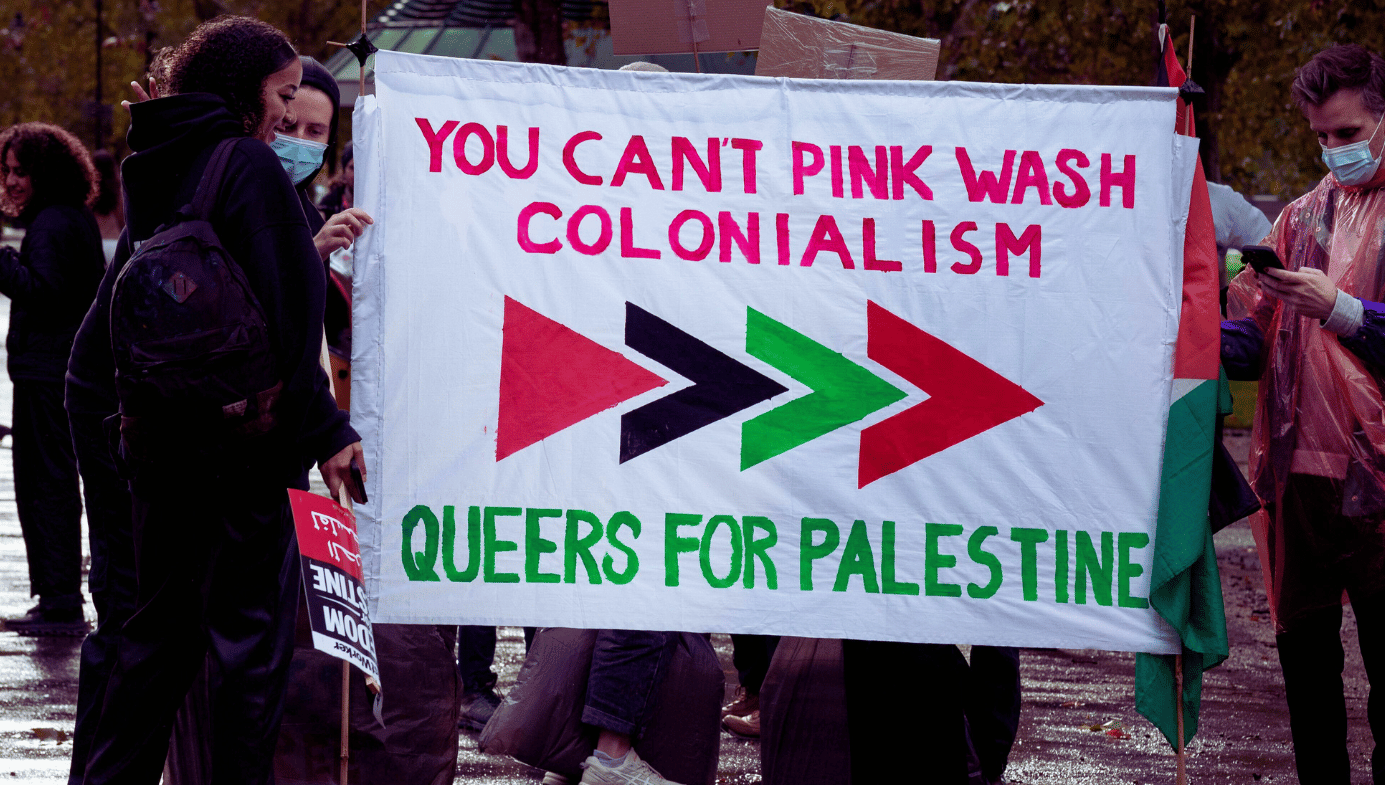
Replacing Dogma With Dogma
When it comes to matters around sexuality a set of presumptions have been adopted which are proving quite as dogmatic as the notions they replaced. In June 2015 the then Conservative Education Secretary declared that homophobic views were evidence of potential “extremism” in school pupils in Britain. Indeed as the BBC reported, Nicky Morgan said that “attacking core British values or being extremely intolerant of homosexuality were examples of behaviour that could raise the alarm.” They were evidence that a pupil might have been being “groomed” by “extremists,” and a pupil who said they thought homosexuality “evil” might need to be reported to the police. Of some interest is the fact that in May 2013 Morgan had voted against the law introducing gay marriage into the UK. One year later, in 2014, she said that she now supported gay marriage and would vote for it if it had not already become law. Another year later, in 2015, she was declaring views such as those she herself had held two years earlier as not merely evidence of “extremism” but fundamentally un-British.
In the 1990s Hillary Clinton supported her husband’s “defence of marriage act” which sought to prevent gay marriage from becoming possible in the United States. She watched as he backed the policy of “Don’t Ask, Don’t Tell” for gays in the US military, meaning that any gay soldier who told even one other person about their sexuality could immediately be dismissed from the armed forces. As Robert Samuels wrote in the Washington Post, “Hillary Clinton had the chance to make gay rights history. She refused.” Yet in 2016 when she was campaigning for the Presidency for the second time and the views of wider society had shifted markedly, the LGBT community (as gays had now become) were one of the specific sections of the country whom Clinton claimed to be campaigning especially hard for. It is not unusual for politicians to shift positions. But the speed with which the times changed made for some remarkably sharp changes of position in the political class.
Other people and countries have instituted even swifter and noisier U-turns. Almost immediately after gay marriage became legal in Germany, acceptance of it was made a condition of citizenship in the state of Baden-Württemberg. Yesterday there was one dogma. Now there is another.
It is not just some politicians who must have suffered whiplash in recent years. Newspapers that were until recently decidedly unpleasant about homosexuals now cover same-sex weddings like any other society news. Columnists who were damning about equal ages of consent only a few years ago now berate people not fully onboard with gay marriage. In 2018 the MSNBC host Joy Reid was publicly shamed and made to apologize after historic comments from a decade earlier were found in which she had been critical of gay marriage—at a time when almost everybody else was unsupportive of gay marriage as well. When change happens so swiftly, there is much making up for lost time to be done, and little pity for those found dragging behind.

Making Everything Gay
And so some individuals, governments and corporations appear to believe that their job is to make up for lost time. They are forcing discussion of gay issues in a manner slightly beyond acceptance and more in the realms of “This will be good for you.”
By 2018 the BBC seemed to have decided that items of specifically gay news needed to be not just reported but headlined as major news. One of its top stories of the day on the corporation’s website in September that year was that the Olympic diver Tom Daley had felt “inferior” about his sexuality but that this had given him the motivation to become a success. This story was published five years after Daley had come out. He had not been silent about his private life in the interim period. And yet this human interest story was a lead item on the BBC’s website just beneath news of an earthquake and tsunami in Indonesia which had killed more than 800 people. One day later and the BBC website had as one of its lead stories the news that a minor reality television star called Ollie Locke had announced that he and his fiancé (Gareth Locke) were going to join their surnames to make themselves the Locke-Lockes after their forthcoming marriage. In other headline news, the death toll from the Indonesian earthquake had risen significantly overnight.
Perhaps it requires someone who is gay to say this, but there are times when such ‘news’ reporting doesn’t feel like news reporting at all. Rather it seems that some type of message is being sent out either to the public or to people whom the media believe to be in positions of power. This goes beyond “This will be good for you” and nearer to the realm of “See how you like this, bigot.” There are days when you wonder how heterosexuals feel about the growing insistence with which gay stories are crow-barred into any and all areas of news.
Take a fairly average day at the New York Times. On 16 October 2017 a reader of the International Edition of the paper might decide to take a break from the opinion pages and turn to some richer fare. They might turn to the business pages. There they would find the lead story in the ‘Business’ section to be ‘Gay in Japan and No Longer Invisible.’ Perhaps the average reader of the business pages of the New York Times had never thought much about the visibility or otherwise of gay people in Japan. So here was their opportunity to learn about something they didn’t know. Specifically, about the story of Shunsuke Nakamura who recently used a morning meeting with fellow employees at his insurance company to come out as gay. This in a country where attitudes towards homosexuality have tended to be (as one professor at a Tokyo university is quoted as saying in the piece) “indifference rather than hate.” So the New York Times had chosen to splash a story over two pages, as their lead Business feature, about how a man had come out in a company with no negative consequences in a country that had no special problem with gays. Ordinarily it would have to be an exceptionally quiet day in the markets for such a story to be the most important story of the day in ‘Business.’
Turn one page and the story continues, this time under the headline ‘Companies in Japan More Welcoming to Gays.’ By which point the casual reader may well have satisfied their interest in the position of gay men in Japanese companies and begun casting their eye guiltily to the opposite page and the ‘Culture’ section. And what is the lead story and main headline there? ‘A Broader Stage for Love.’
The subject matter of this article could be guessed from the half-page accompanying photo of two male ballerinas, their arms and bodies entwined. “Ballet is slower to change than most art forms,” the paper informed its readers, continuing excitedly, “but in the span of just two recent weeks, New York City Ballet, one of the world’s premier companies, showed two ballets featuring significant same-sex duets.”
The cause for this vast splash is a ballet called The Times Are Racing, the latest production of which—at New York City Ballet—includes the casting of a man in a role originally created for a woman. The New York Times goes on to explain how the hitherto overwhelmingly heterosexual world of ballet was finally “responding to the contemporary world and putting it on the ballet stage.” A male choreographer who was involved promised an “exploration of gender-neutrality” in his work in an Instagram post hash-tagged “loveislove,” “genderneutral,” “equality,” “diversity,” “beauty,” “pride” and “proud.” A sole heretical outside choreographer was singled out for criticism for his stated belief that “there are gender roles in traditional ballet” and that while “men and women are of equal value” they have “different tasks.” The New York City Ballet’s stars—and the New York Times—did not agree.
To the amazement of nobody it turned out that several of the male leads in the New York City Ballet are themselves gay, and one of them explained to the New York Times how early in rehearsals his dance partner had turned to him and said, “It’s so nice to get to step into a role where I feel I could actually potentially fall in love with the person I’m dancing with, as opposed to pretending to be a prince falling in love with a princess.” To which one might say that anyone who feels any tedium enacting scenes in which princes fall in love with princesses may find ballet isn’t their medium. But in case this outburst of diversity on the ballet stage is not enough, the story adds more of the five-a-day moral nutrition to the story with the news that this production “explores not only a same-sex relationship but also issues of race.” Describing the overall effect of two men dancing together, the choreographer declared that it just “blew her away.” “Suddenly, they could just be themselves,” the story concludes. At which point the reader of the New York Times has the opportunity to read the other main story about ‘Culture’: a story about how female comics joking about pregnancy and motherhood are finally becoming big.
There is nothing wrong with a newspaper of record deciding to devote its Business and Culture pages as well as much of its opinion and news pages to stories about being gay. But it sometimes feels as though there is something else going on in all this. The use of gay special interest stories for purposes other than those of actual news: perhaps making up for lost time, or perhaps just rubbing things in the faces of those not yet up to speed with the changed mores of the age. Either way something strange and vaguely retributive is in the air.
Of course people change, learn and often shift their positions. Most do so quietly, generally after others have done the heavy lifting. But one problem of changing societal positions so swiftly is that unexplored, even unexploded, issues and arguments are left behind in the wake. When Piers Morgan demanded of his guest, “How can you think that nobody’s born gay?” he displays too great a certainty over a question that is still uncertain. And whether or not anyone is born gay, or whether everyone who is gay is born gay, it does not follow at all that being gay is a one-way street.
Excerpted from The Madness of Crowds: Gender, Race, and Identity by Douglas Murray, Penguin Press (September 2019), 280 pages.


